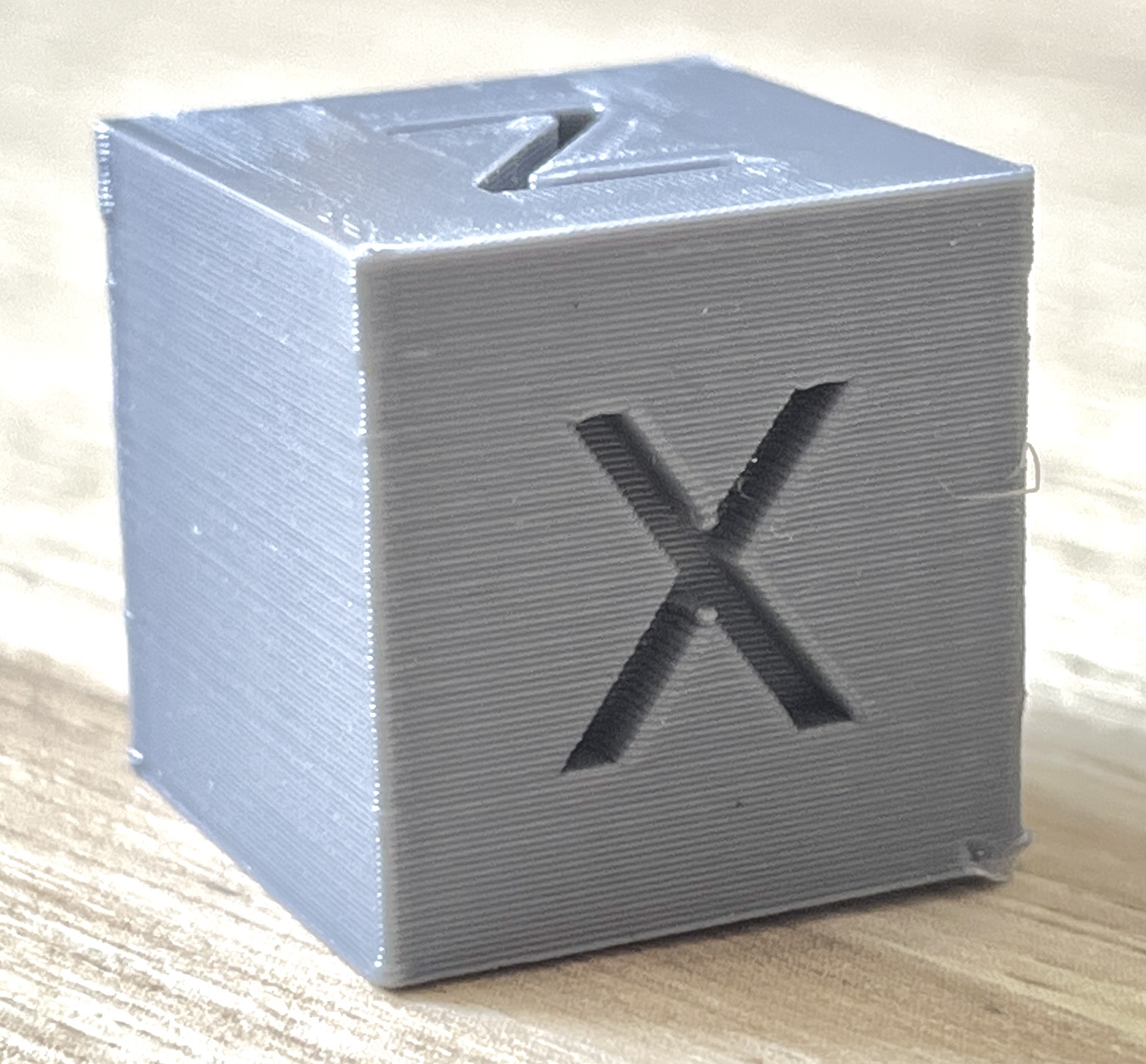3DPrinting
3DPrinting is a place where makers of all skill levels and walks of life can learn about and discuss 3D printing and development of 3D printed parts and devices.
The r/functionalprint community is now located at: !functionalprint@kbin.social or !functionalprint@fedia.io
There are CAD communities available at: !cad@lemmy.world or !freecad@lemmy.ml
Rules
-
No bigotry - including racism, sexism, ableism, homophobia, transphobia, or xenophobia. Code of Conduct.
-
Be respectful, especially when disagreeing. Everyone should feel welcome here.
-
No porn (NSFW prints are acceptable but must be marked NSFW)
-
No Ads / Spamming / Guerrilla Marketing
-
Do not create links to reddit
-
If you see an issue please flag it
-
No guns
-
No injury gore posts
If you need an easy way to host pictures, https://catbox.moe may be an option. Be ethical about what you post and donate if you are able or use this a lot. It is just an individual hosting content, not a company. The image embedding syntax for Lemmy is 
Moderation policy: Light, mostly invisible
view the rest of the comments

Damn, i would’ve never thought about that. Went to check the speed in prusa, would you look at that…
Perfectly corresponds to the bulges.
Thank you, Detective Carighan!
That's interesting tbh, especially given the one line in the middle. I usually use Cura, so I'm unfamiliar with the Prusa Slicer, what setting causes that variable speed?
But it's fascinating, I can even see the bulge in the layer of the single line in your photo, now that I know what to look for. That'd also tell me that maybe you're running it a bit hotter than it needs for this specific filament, maybe go down 5°C or 10°C. It seems when it slows down, more can ooze than it intends to.
It took some time to find the culprit.
It’s under:
Filament settings -> Cooling -> Cooling thresholds -> Slow down if layer print time is below: # - and - Min print speed: #
I am running a bit hot, yes, 215, and the extruder is bowden feed. It does tend to ooze a bit like all bowdens do, that’s why i have to get my speeds and accelerations on point, because the “dynamic” speed/extrusion settings never provide good results for this printer and i don’t know how to account for the oozing on speed changes.
I’d love to upgrade to a direct extruder, i’m currently using e3d v6 hot end. Do you have any suggestions?
Eh, sadly can't help too much with that. Used to have an Ender 5, but got an Artillery X2 gifted (aye...), and since then have been using that due to the combination of direct and the larger print bed (even though I conceptually don't like bedslingers due to the large footprint they have). And I had the Ender 5 too briefly to dial it in much.
Yes. Get something like the TBG S or TBG Lite. These things are tiny, light, have a massive gear reduction (~1:11), which trades unnecessary speed (E is always running really slow even if you print really fast) for strength, and they have huge dual gears driving the filament. With that you can extrude TPU as if it was PLA.
If you can't find a fitting mount, I made one for the TBG Lite. PM me with some address where I can send you an STL if you are interested.